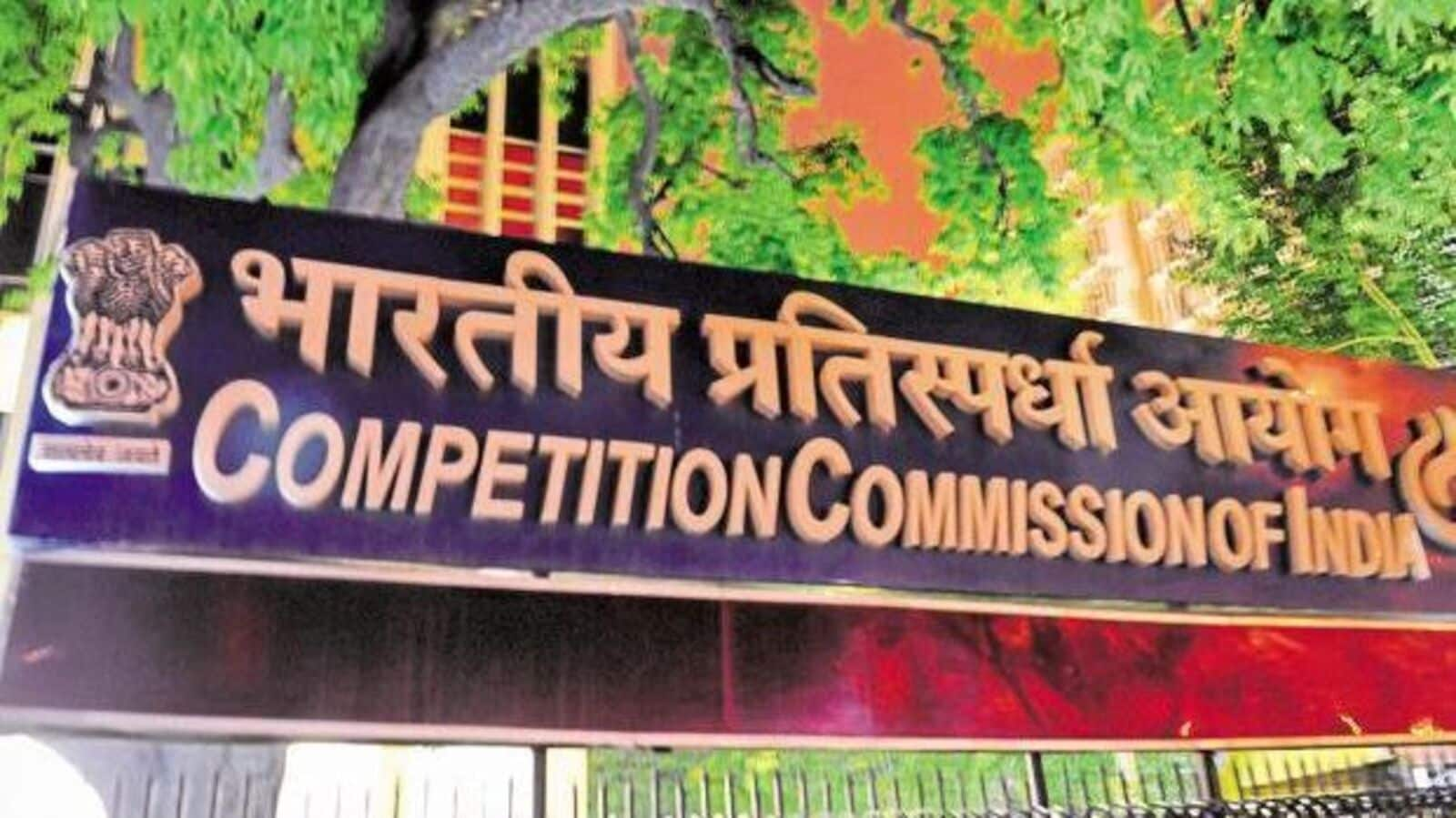On the flip side, the introduction of a deal value threshold (DVT) for merger approval, hike in filing fees, lower threshold for ‘control’ and narrowed scope of approval-exemptions for minority-stake acquisitions are likely to result in a spike in transactions notifiable to the CCI and an increased regulatory burden on industry, which would necessitate massive capacity enhancement at the already overburdened CCI to ensure ease of doing business.
With the sector-agnostic DVT, India joins a number of jurisdictions such as the US, Germany, Austria and South Korea whose merger-control regimes include a value-of- transaction test with a local nexus requirement.
In India, any deal valued above ₹2,000 crore now needs CCI approval. But just because a regulator scrutinizes a deal does not mean it has anti-competitive effects.
Combination regulations have clarified that the amended provisions would also apply to deals that are yet to be consummated, wholly or partly. This will impact transactions where definitive documents have been signed but the deals are yet to be closed.
The silver lining is that for partly completed deals which were earlier exempt and are now notifiable (on meeting the DVT), a complete safe harbour has been provided where no gun-jumping proceedings are initiated.
In a welcome move for acquisitions of listed companies, the CCI has also eased the approval regime for open-offer-oriented share purchases in the public market, which no longer attract gun-jumping penalties, subject to certain conditions, which include voting-right curbs except in cases of insolvency or liquidation. This will not help hostile takeovers, where the exercise of voting rights is key.
Shorter timelines for the assessment of a notified combination, while good on paper, may have some unintended practical consequences. The CCI has a proven track record of efficiency; where multiple regulatory approvals are needed, it is usually the CCI nod that comes first.
But shorter timelines without boosting CCI capacity could mean delays. Phase II reviews are now more complex, though the CCI’s ability to recommend modifications during a Phase I review should quicken processes.
The Competition (Criteria of Combination) Rules, 2024, formalize the ‘green channel’ route for same-day approval of merger notifications, initially introduced by the CCI in 2019. However, the new rules also restrict the scope of this facility.
The definition of ‘affiliate’ has been amended and ‘overlaps,’ which map the activities of an acquirer with its target, now need to be mapped all the way till the “ultimate controlling person” of the acquirer. These changes effectively make the green channel route harder to use.
The rules have also introduced some new categories of combinations that are exempt from the need for approval and narrowed the applicability of minority-stake investment exemptions, which are now only available in a few instances, like when there are no overlaps, no shift in control and no access to commercially sensitive information.
The new bar for ‘control’ has been set lower than current practice across corporate law, rules of the Securities and Exchange Board of India (Sebi) and FDI norms, with a move from “decisive” to “material” influence as the new operative standard.
This, in and of itself, coupled with the new commercially sensitive information-access criterion, will increase the CCI’s regulatory burden, as many more deals will need CCI approval.
With 1,101 approved combinations and a merger clearance track record of an average 19.4 working days from 2020 to 2024, it is clear that the CCI has not stood in the way of merger and acquisition (M&A) activity and has maintained a fine balance of the need for investment (and ease of doing business) with its mandate to foster healthy competition.
Given this overhaul of the Indian merger regime, until jurisprudence evolves, the coming year is likely to witness many interpretational challenges in relation to various amendments, be it the ‘deal value threshold’ or application of ‘substantial business operations,’ ‘control’ and ‘commercially sensitive information’ rules.
In general, we can expect enhanced pre-filing consultations and an uptick in merger notifications filed. The CCI’s merger unit would need to expand capacity quickly.
To its credit, the CCI has been at the forefront of merger jurisprudence. Even global regulators, including US antitrust authorities, have followed the CCI’s stance on common directorships across companies.
The amendments offer the CCI an opportunity to rewrite Indian merger control history and consolidate its reputation as an industry-friendly regulator, one that can walk a tightrope between encouraging scale, appreciating efficiency and encouraging investment on one hand, while safeguarding competition on the other.
The CCI is based in Delhi, while Sebi and RBI are in Mumbai, India’s financial centre. Perhaps the time has come for the CCI to establish a merger unit in Mumbai. It would enhance regulatory efficiency.
#overhaul #Indias #merger #control #regime #means






